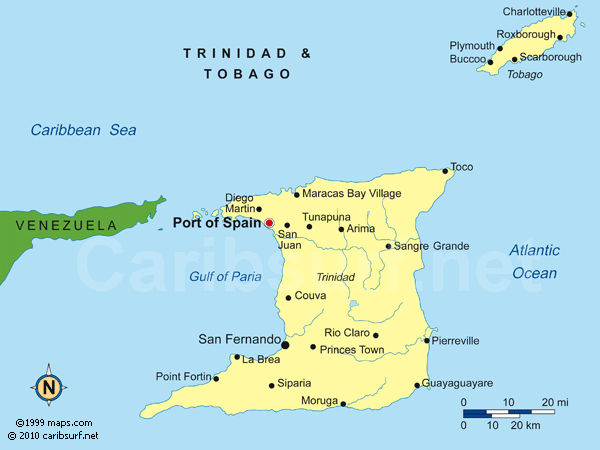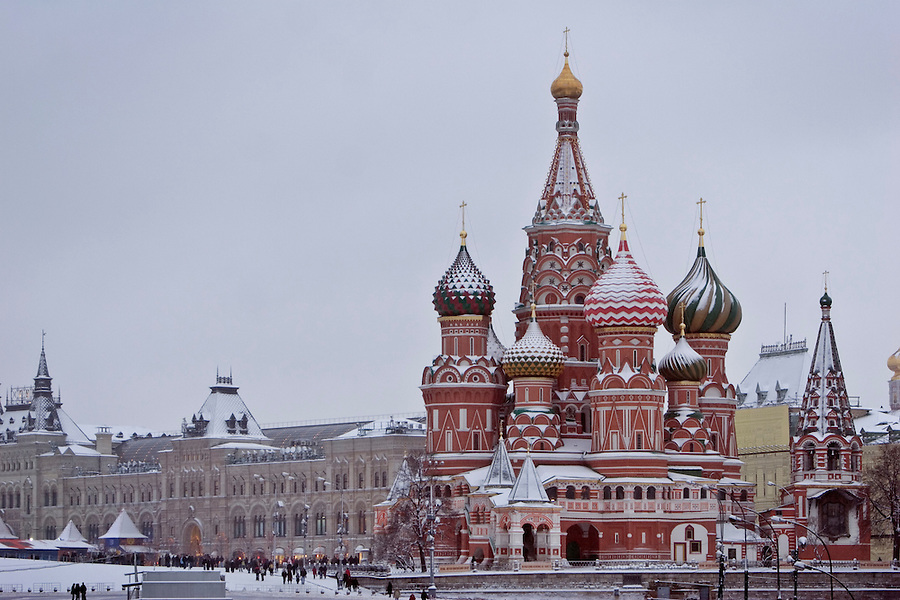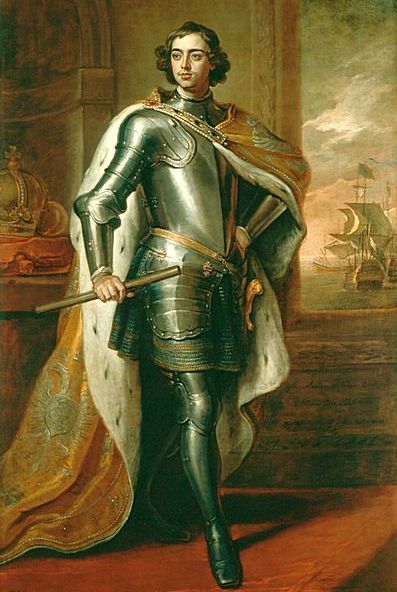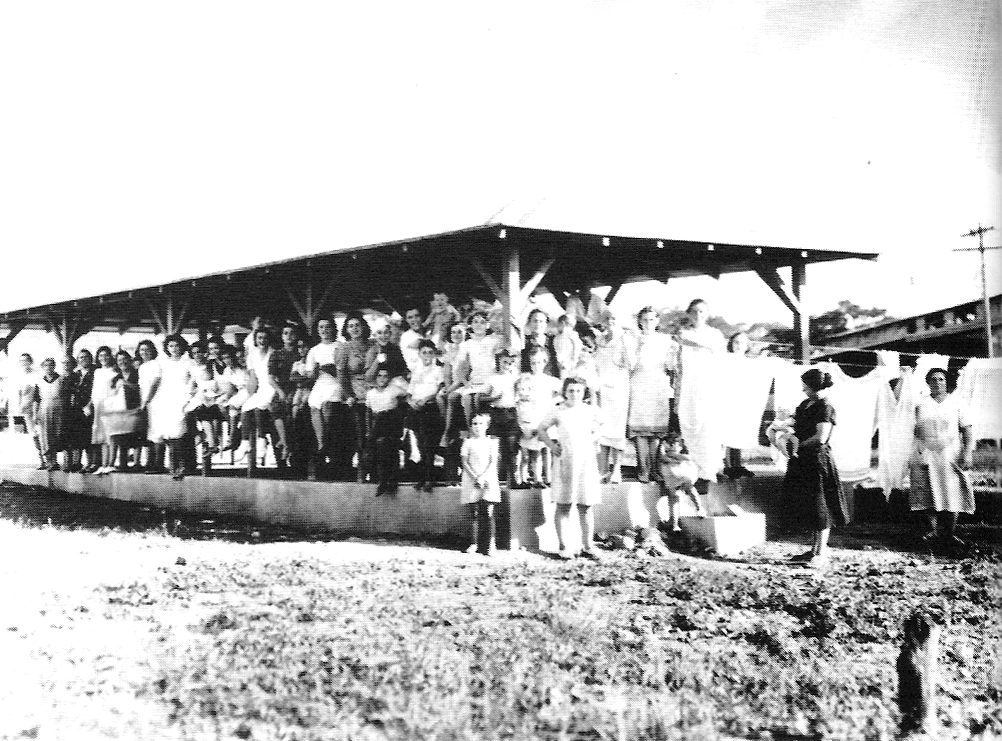 |
| Refugees at Camp Gibraltar |
Now, keep in mind, this is, by no means, a comprehensive list, and there is no doubt that I'll be revisiting this topic in the future. But for now, let's talk about the US Virgin Islands, the Dominican Republic, and the (at the time) British West Indies.
In 1938 the US Virgin Islands looked at the situation in Europe, and did what any rational, human country would have done, they invited Jewish refugees into their territory.
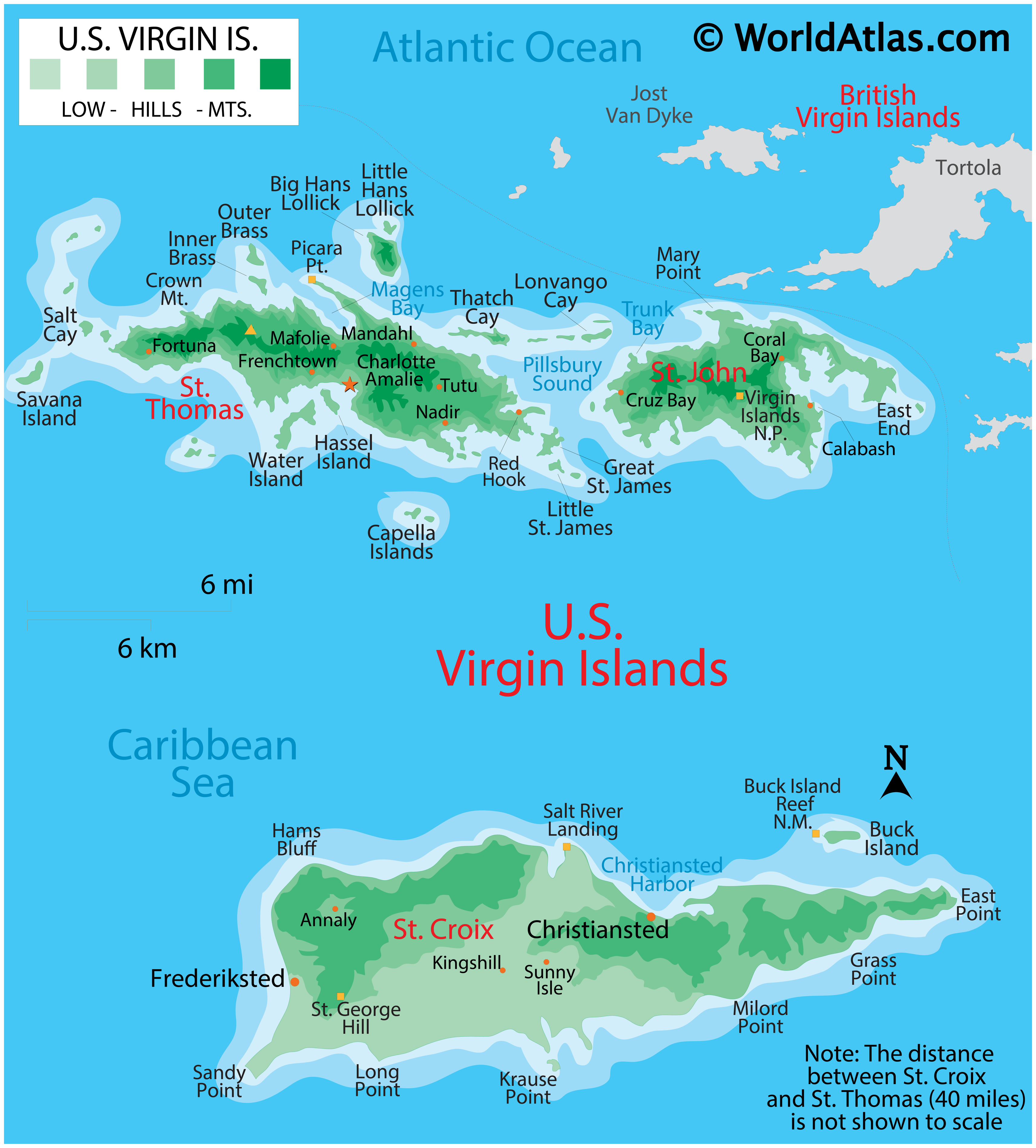 It would have been a pretty good deal for both parties. The Islands were sparsely populated and underdeveloped; the Jews were being killed. The Islands could offer the Jews shelter, and the Jews could settle, and help boost the economy, and aid in development. The Islands' government drafted a resolution, and submitted it to the US State Department for approval. This is when things started to go wrong.
It would have been a pretty good deal for both parties. The Islands were sparsely populated and underdeveloped; the Jews were being killed. The Islands could offer the Jews shelter, and the Jews could settle, and help boost the economy, and aid in development. The Islands' government drafted a resolution, and submitted it to the US State Department for approval. This is when things started to go wrong.See, in a leap of logic that supports my argument that people, as a species, never change, the officials at the State Department were worried that with the refugees would come spies, and that even if the refugees were anti-Hitler, a large number of them would still be pro-Germany. So Cordell Hull, Secretary of State at the time, sent a note to the Islands informing them that their resolution was in violation of several laws. This was, of course, total baloney.
Because not all of the Roosevelt Administration were anti-Semitic douchebags, the Department of Labor and the Department of the Interior started looking into the State Departments ruling. They found, and published a statement saying that the US Virgin Islands' resolution was completely compliant with existing laws, and, furthermore, would help the US reach its stated quota of Jewish refugees they needed to take in from Europe.
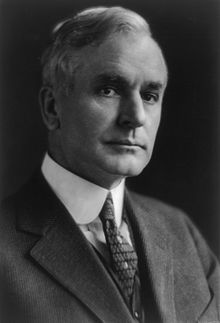 |
| Cordell Hull, Nobel Peace Prize winner, and anti-semitic douchebag. |
And, unfortunately, it worked. The Virgin Islands were never able to take in the refugees that they wanted to help, and hundreds of thousands of Jews died as a result.
The Dominican Republic (sometimes known as DR) was probably the most eager of any country to take in Jewish refugees, however, unlike the Virgin Islands, the republic's government's motives weren't noble. There were, in fact, motivated by Rafael Trujillo's (the dictator at the time) racism and need for some good PR. Motivations aside, the DR offered to take in some 100,000 Jewish refugees, and, in the end, took in about 4,000.
As mentioned, Rafael Trujillo had two goals in mind when he invited refugees to his shore. One, to try and make the world forget about his massacre of around 25,000 Haitians. Two, to try and lighten the skin color of the dark skinned Dominicans, and to try and 'Europeanize' the country. Trujillo hoped that the Jews would intermarry with the Dominicans, and produced lighter skinned children. Unfortunately, no one told him about that pesky little verse in Deuteronomy where Jews are forbidden to marry non-Jews.
 |
| Sosua beach, looks a bit like a desktop background that came as a preset for Windows XP, no? |
So, to prepare for the arrivals of his hopefully hundreds of thousands of potential gene pool modifiers, Trujillo prepared the town of Sosua, a former banana plantation, which he had purchased a few years prior.
Sosua was about 70% jungle at the time, but it was good land for farming. One of the visa requirements for Jewish refugees coming to the DR was that they be willing to take up an agrarian lifestyle. There was an intensive screening process of all potential immigrants, and, in addition to their willingness to take up farming, candidates were also chosen for their youth, strength, and health.
It was difficult to transport refugees from Europe to the Caribbean. Jews could only make the crossing on Allied ships, and aforementioned ships were often needed to move troops and supplies. Add in the amount of Axis submarines floating around, and you've got a rough journey. Consequentially, only 500 families, or around 4,000 people were able to settle in the Dominican Republic.
And for a bunch of city slickers transported to a tropical island, told to do a job they didn't quite know how to do, they did pretty well. The Jews at Sosua resuscitated a struggling pig population, opened the first salami factory in the DR, and became a major producer of milk and butter. (to this day Sosua is the dairy capital of the Dominican Republic)
 |
| Sosua synagogue |
Today Sosua remains an enormous producer of dairy products, but there's very little of its Jewish population left. However, the Jewish history of the town still runs strong. There's a Jewish museum attached to the historic synagogue, and the Star of David is incorporated into the city seal. Trujillo's dream of a 'whiter' Dominican population was never realized, but about 4,000 souls were saved from dying horrible deaths at the hands of the Nazis, which, in my opinion, is a more than acceptable trade off.
 |
| The Gibraltar Camp |
Out of all the refugee camps to end up in, the Gibraltar Camp was one of the best. The camp was, more or less, a functioning town. They had doctors, hairdressers, teachers, as well as a functioning police station, hospital, and synagogue. The refugees had access to books, newspapers, the radio, the camp even showed movies! It was, by all accounts, a cozy little place, but life wasn't as idyllic as you might think.
Despite the fact that they were well looked after, the refugees were still held in a camp. There were strict rules that ensured that they could only leave between the hours of 8 am and 10 pm, and guards recorded the comings and goings of every person. Additionally, the only option for work was inside the camp. In order to protect the local economy, the Jamaican government had placed a ban on Jews working or living outside of Camp Gibraltar, something that many refugees were unhappy with.
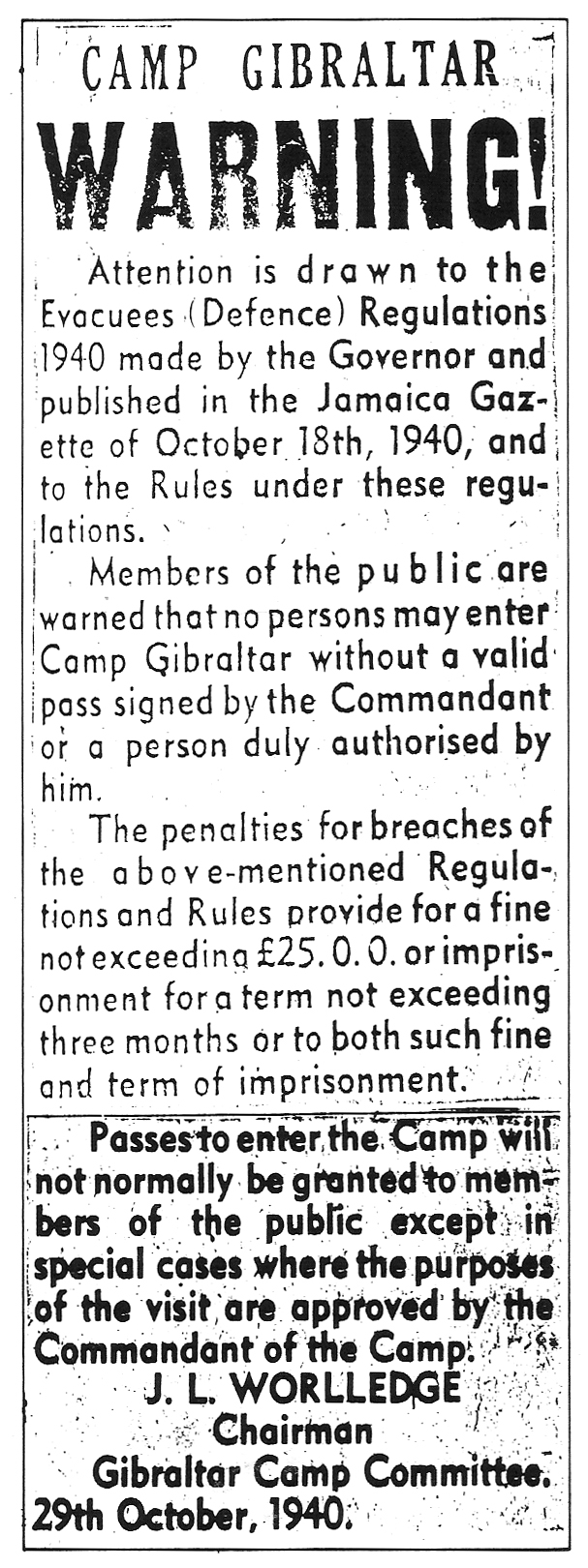 |
| Warning run in a Jamaican newspaper |
And if that wasn't enough, with a new world came new diseases. In 1944 a large portion of the camp was hit with Dengue fever, a disease the refugees had no previous antibodies to fight. They were laid up with a fever and a horrible rash, then quarantined for six weeks. It was enough to put even the most gung ho of refugees off the island.
It isn't surprising that many of the refugees in Camp Gibraltar returned to Europe, or immigrated to America after the war. Most of the Gibraltars and the Maltese went back to their island/rock, and most of the Jews went to different places in South America. A very few stayed. This is a pattern that would replay itself over and over again with the Caribbean refugees.
The Jews who settled on the islands of Trinidad and Tobago have a very different story from the Jews who settled in Jamaica, and Sosua. In many ways the community of Jews in Trinidad mirror the Japanese in Hawaii and California. Many of the Jews in Trinidad came before the mass evacuations from Europe. A great deal came between 1936 and 1939, but even more were the descendants of people who had immigrated in the late 1800s, or during the Spanish Inquisition. Many of these people were citizens of Trinidad, and they had built up a flourishing local culture, however, when the war started, many of the Jews from Europe were detained in an internment camp, much like the Japanese-Americans.
And if internment wasn't bad enough, the Jews were interned with many of the same people who wanted them dead. The Trinidadian government had decided that all 'enemy aliens' were to be interned, which was not just the Jews, but also German sailors and U boat crews.
Thankfully, the Jewish internees were released after a few months. However, they were still kept under strict rules. They couldn't leave their homes between 8:00 pm and 6:00 am, they couldn't own motor vehicles or bicycles, and they had to report to the police station at least once a day. Unsurprisingly, a lot of the Jews left.
However, following the end of the war Trinidad retained a much larger percentage of their Jewish Emigres than other islands. Admittedly, there was already a sizable population of Jews on the island when the immigrants started to come, but many Europeans stayed as well. At it's peak, the Jewish population in Trinidad and Tobago numbered around 700. Today there's less than 50 Jews on the islands. Most of the Jews who left the islands left because of a lack of educational and career opportunities, not because of culture shock, making the Trinidadian Jews unique among all the Jews that came to the Caribbean.
*There actually weren't that many refugees from Malta. The Maltese government had sent a representative over to see if they liked Jamaica, and they didn't. The Maltese weren't too impressed with the climate, and they were even less impressed with the idea of letting people of color have authority over them. This unfortunate bit of racism kept a majority of Maltese out of Jamaica.
**Sources disagree on the exact number of Jews who took refuge in Jamaica. Miriam Stanton, who lived at the camp, reported 3,000 Dutch Jews, but other sources place the number as being much lower.
***The Jews who were already in Jamaica were Sephardic Jews, and the newcomers were Ashkenazi Jews. Sephardic Jews originate from Spain and the Mediterranean area, while Ashkenazi Jews come from Northern Europe. Many of the Sephardic Jews in Jamaica took refugee there following the Spanish Inquisition (I realize that that may be a bit unexpected).
This article brought in part to you by my very best friend M. Kellogg. She's a genius in all things having to do with Judaism, and this article would not have been possible without her.
Sources
Refuge in the Virgin Islands
The Sosua Project
The Jews of Sosua Saved By Reverse Discrimination
Sosua Virtual Museum (this is a really cool source, and it's managed by people who actually live in Sosua, take a little time to click around!)
Dominican Republic as a Haven for Jewish Refugees
Jamaica's Role in Sheltering Jewish Refugees
The Exodus From Jamaica
Gibraltar Camp
Polish Jewish Refugees in Jamaica Seek Permanent Haven Elsewhere
Trinidad and Tobago--The Jewish Community
Exiled to Paradise
Stecher Dies--Last Escapee from WWII Nazis
The Sosua Project
The Jews of Sosua Saved By Reverse Discrimination
Sosua Virtual Museum (this is a really cool source, and it's managed by people who actually live in Sosua, take a little time to click around!)
Dominican Republic as a Haven for Jewish Refugees
Jamaica's Role in Sheltering Jewish Refugees
The Exodus From Jamaica
Gibraltar Camp
Polish Jewish Refugees in Jamaica Seek Permanent Haven Elsewhere
Trinidad and Tobago--The Jewish Community
Exiled to Paradise
Stecher Dies--Last Escapee from WWII Nazis

